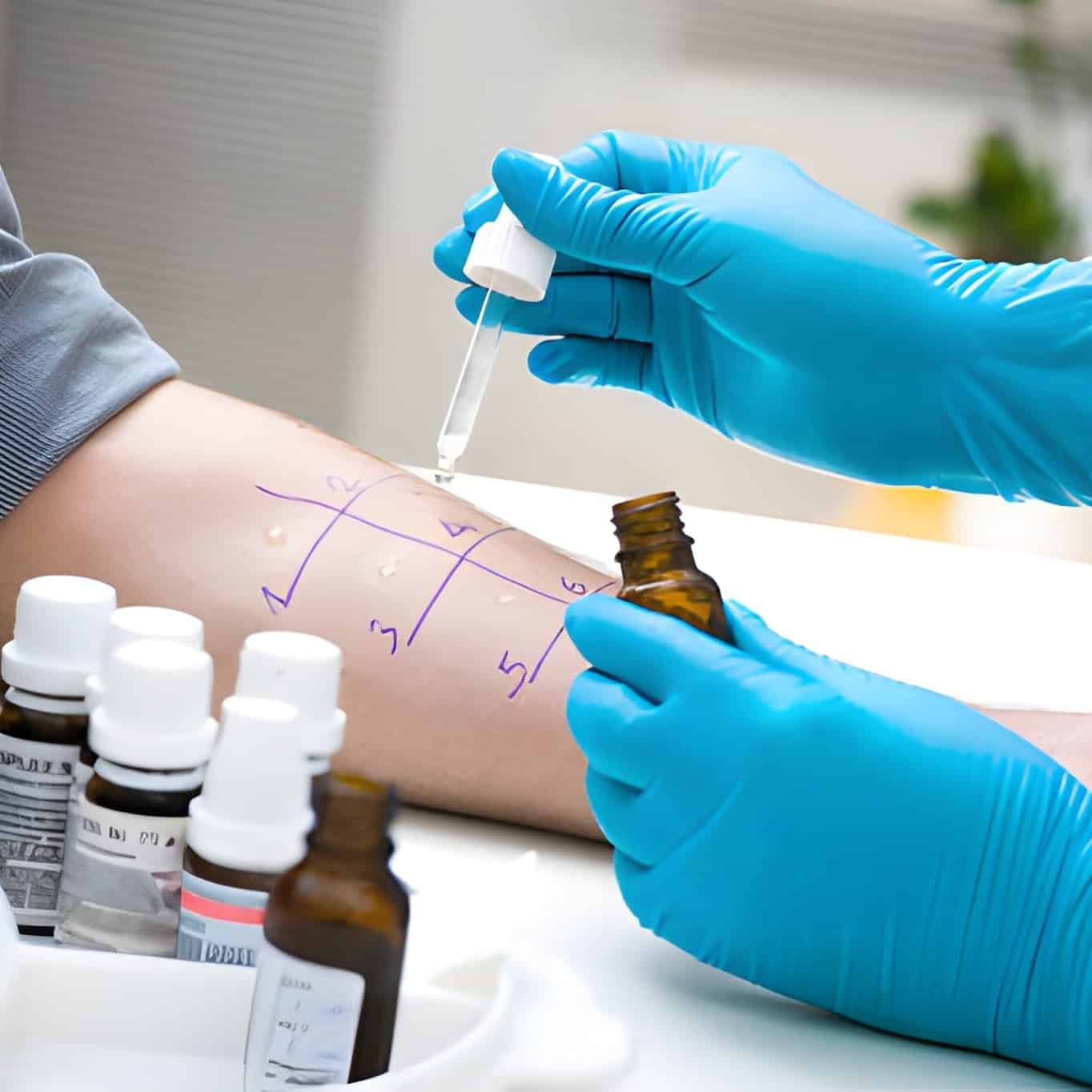Skin Sensitivity Test
$524.72
The Skin Sensitivity Test is a laboratory and clinical evaluation that measures the skin’s reactivity to cosmetic products and external factors. It helps determine whether a formulation is gentle, well-tolerated, and suitable for sensitive skin. The test is widely used to substantiate claims such as “dermatologically tested,” “hypoallergenic,” and “suitable for sensitive skin.”
Purpose of the Test
The purpose of this test is to assess the potential of a cosmetic product to cause irritation, redness, or discomfort when applied to human skin. It verifies product tolerance and ensures that the formulation is safe for daily use on delicate or reactive skin types.
How the Test Works
The Skin Sensitivity Test is conducted using an Apparatus Test combined with clinical observation under dermatological supervision. Controlled application of the test product is performed on specific skin areas (commonly the forearm or back). Reactions such as redness, dryness, or itching are monitored and measured using visual grading or instrumental assessment methods.
Applications in Cosmetic Testing
- Evaluation of products formulated for sensitive or reactive skin
- Testing for hypoallergenic and dermatologically approved claims
- Assessment of tolerance for baby care, facial care, and body products
- Validation of “gentle,” “mild,” or “non-irritating” product claims
- Safety verification of new cosmetic formulations before launch
Test Procedure
- Healthy volunteers with varying skin types, including sensitive skin, are recruited.
- A small amount of the test product is applied to a designated skin area under controlled conditions.
- The site is evaluated at specific intervals (e.g., 24, 48, and 72 hours) for any visible or sensory reactions.
- Measurements of redness, hydration, and irritation are taken instrumentally or visually by a trained dermatologist.
- Results are compared with control samples to determine the product’s skin compatibility.
Results & Reporting
The final report includes:
- Detailed description of the study protocol and apparatus used
- Clinical observations and participant feedback
- Quantitative data on redness or irritation levels
- Statistical analysis confirming tolerance and hypoallergenic performance
- Interpretation of product gentleness and safety profile
Why This Test Matters
Consumers increasingly seek gentle, non-irritating formulations that protect and soothe the skin. The Skin Sensitivity Test provides scientific evidence that a product is well-tolerated and free from sensitizing effects, helping brands substantiate sensitive-skin or hypoallergenic claims with credibility and confidence.
Sample Requirements
- Minimum quantity: 50–100 g or mL of finished product
- Number of samples: 11 finished products
- Product type: creams, lotions, serums, cleansers, or baby care items
- Storage: room temperature unless otherwise specified
Turnaround Time
Results are typically available within 10–15 working days after sample receipt and study initiation, depending on the test duration.
Deliverables
- Comprehensive laboratory and clinical report in PDF format
- Data summary confirming product tolerance and safety
- Findings suitable for marketing, regulatory, or labeling use
Compliance & Standards
The Skin Sensitivity Test is carried out according to Good Clinical Practice (GCP) and international cosmetic testing standards. All studies are conducted under dermatological supervision in a controlled laboratory environment to ensure reliable, reproducible, and ethical testing outcomes.
Related Tests
- Skin Redness & Erythema Test
- TEWL (Transepidermal Water Loss) Test
- Patch Test for Dermal Tolerance
- Corneometry (Skin Hydration Measurement)




